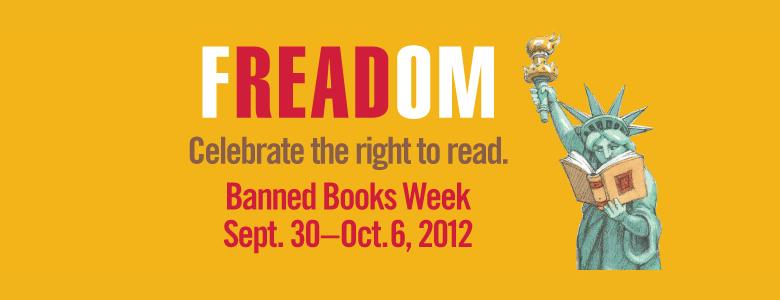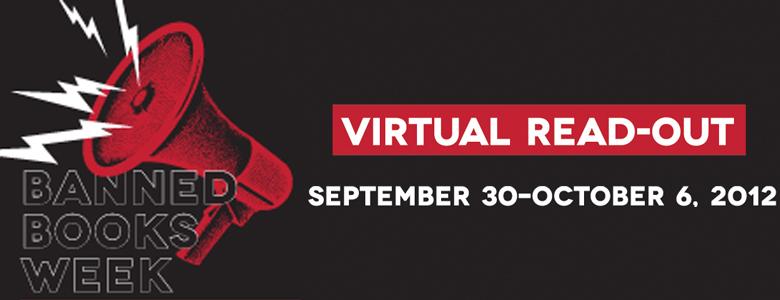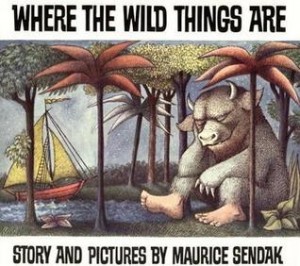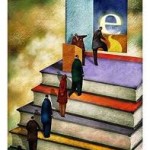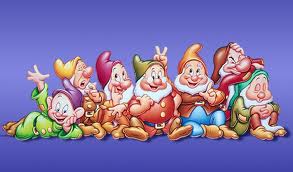 List the names of the Seven Dwarfs. Go ahead, do it.
List the names of the Seven Dwarfs. Go ahead, do it.
If you’re like most people, you have to tick the names off on your fingers, and you’ll forget one or two, usually either Bashful or Doc, because they don’t fit the “-py” naming convention the rest of them do.
What about those “Big 6” publishers everyone is talking about? Can you name them?
Even in the library world, in spite of all the recent discussion about how the Big 6 are deciding whether and how to lend ebooks to libraries, most people can’t. Not because they’re not important, but because the names aren’t the way we know them. We don’t think of the publisher all that much until one of them withdraws their ebooks from the library market, as Penguin did late last week.
What we know are their books. When there is a title that patrons want, and we can’t buy it, that’s when we are reminded who the “Big 6” are.
This is one librarian’s guide to the “Big 6” publishers, based on the titles they publish.
 1. Hachette Book Group
1. Hachette Book Group
We never see the name Hachette. The names we see are the names of their imprints, particularly Grand Central Publishing and Little, Brown and Company.
Hachette dropped out of the library market in 2009, so their backlist is still in library ebook catalogs, but not their new books.
Current titles on the New York Times bestseller list from Hachette that are not available:

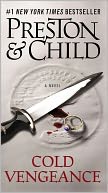
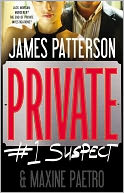
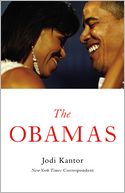

2. HarperCollins
HarperCollins is the publisher with the famous, or infamous “Rule of 26”. Every copy purchased after they changed their licensing terms to libraries last year is only available for 26 checkouts, then the library needs to purchase another copy. But some availability is perhaps better than no availability.
In addition to the publishing imprints with the name “Harper” in the title, HarperCollins also includes the publisers William Morrow and Avon.
Here are a few examples of current NYT bestsellers that are affected by the 26-checkout limit:


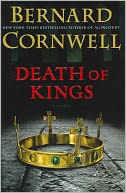

 3. Macmillan
3. Macmillan
Macmillan has always just said “no” to libraries.
But it isn’t just the name Macmillan, because the name Macmillan covers St. Martin’s Press. And Henry Holt, Farrar Straus & Giroux and Minotaur. Also Tor, a highly respected science fiction and fantasy publisher, as well as Feiwel & Friends, a children’s publisher.
There have been many, many Macmillan titles that libraries have never been able to purchase, including these current titles:

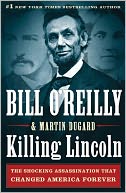
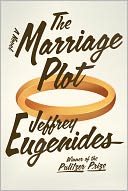

 4. Penguin Group
4. Penguin Group
Penguin has just exited the library ebook marketplace. As of this writing, any titles licensed by libraries before Penguin’s departure on February 10, 2012 will remain available, but no new content will be added.
Penguin Group includes Penguin, Putnam, Prentice-Hall and Puffin, a childrens’ publisher. But also Viking Press and Dutton, as well as Ace and Berkley, two well-known mass-market paperback publishers.
Because Penguin stopped licensing new content to libraries in November 2011, the impact of their departure has already been felt with the unavailability of these titles:
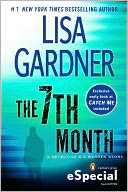
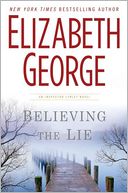
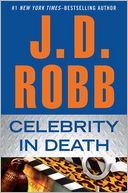

 5. Random House
5. Random House
Random House represents the “good guys” in the library ebook market. They have recently reconfirmed their commitment to license ebooks to libraries, although they have stated that there will be a rise in the price. This is possibly the first time that a price increase has been treated as good news, but we live in interesting times.
Update 3/3/12: That price rise turned out to be 300%. Not so good. In fact, very bad. Very, very bad. See Every Silver Lining Has a Cloud for more details)
Random House is a not just Random House, but also Knopf Doubleday, Delacorte, Bantam, and Crown.
Because Random House has stuck with libraries, these are titles that we have been able to offer:
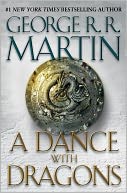
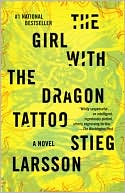
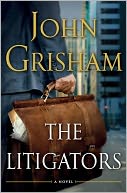


6. Simon and Schuster is the last of the “Big 6”. They have remained a steadfast naysayer when it comes to libraries.
This is unfortunate. Not only is the Simon and Schuster imprint big, but Scribner is one of their major imprints. Atheneum and Aladdin are among their Childrens’ houses, and Pocket is one of the big paperback presses.
These represent some of the current S&S titles that libraries would love to offer, but cannot:
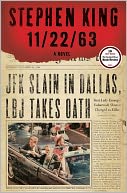
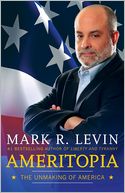


The notion of the “Big 6” publishers is a somewhat abstract concept, but the books they publish are not. However, these types of designations are subject to change.
Once upon a time business used to refer to the “Big 8” accounting firms. Now it’s the “Big 4”.
There used to be nine planets, then Pluto got demoted. Now there are eight.
In Tolkien’s Lord of the Rings, the One Ring ruled them all, but nine rings were given to mortal men. Those men were once proud kings, but they tried to seize more power than they were capable of holding.
Those kings ignored the warnings they were given about the danger represented by the rings.
Just like the publishers are ignoring the statistics that “50% of all library users report purchasing books by an author they were introduced to in the library”. Those publishers also cast aside warnings that compare the current state of the publishing industry to the state of Kodak during the rise of digital photography, as well as those that compare how much better new authors can do for themselves than with a “traditional publisher”. Traditional, read “big 6” publishers, are increasingly being cut out of the equation and their purpose in the supply chain is being questioned.
Those kings who picked up the nine rings–no one remembers their names.
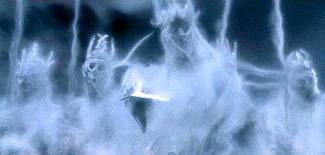
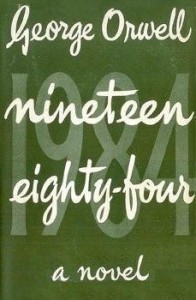 It’s fitting that one of the most frequently challenged books of all time is 1984 by George Orwell. Lest we forget, 1984 is the book that brought us the very concept of “Big Brother”.
It’s fitting that one of the most frequently challenged books of all time is 1984 by George Orwell. Lest we forget, 1984 is the book that brought us the very concept of “Big Brother”.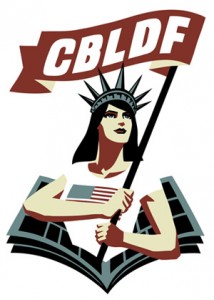 Comic books and manga are particularly challenged. That’s why the Comic Book Legal Defense Fund is one of the supporters of Banned Books Week. Heck, that’s why there IS a Comic Book Legal Defense Fund in the first place!
Comic books and manga are particularly challenged. That’s why the Comic Book Legal Defense Fund is one of the supporters of Banned Books Week. Heck, that’s why there IS a Comic Book Legal Defense Fund in the first place!
